About 2017 Menghai Qizi 7576 Pu'erh Ripe Tea Cake 357g
Our 2017 Fuhai 7576 Riped Cake uses sun-dried Shaiqinmao tea leaves (Yunnan big-leaf variety). It is produced by Fuhai Tea Factory in Menghai County, Xishuangbanna, Yunnan.
The taste of our 2017 Fuhai 7576 Riped Cake is very gentle and mellow, with a smooth mouthfeel combined with an earthiness and a hint of floral flavour; because it has been aged for three years, it also has a special, rich Chen fragrance. The tea soup is pure and clear, wine-red to amber in colour.





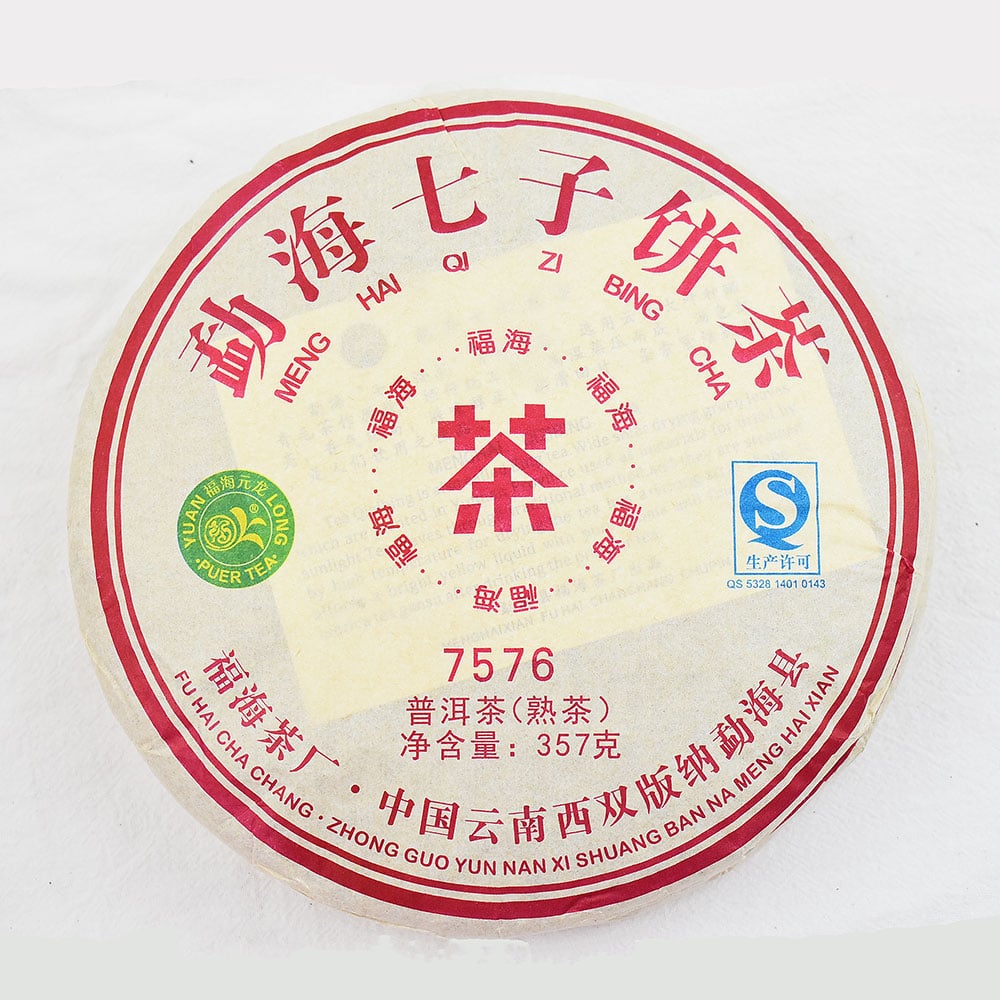
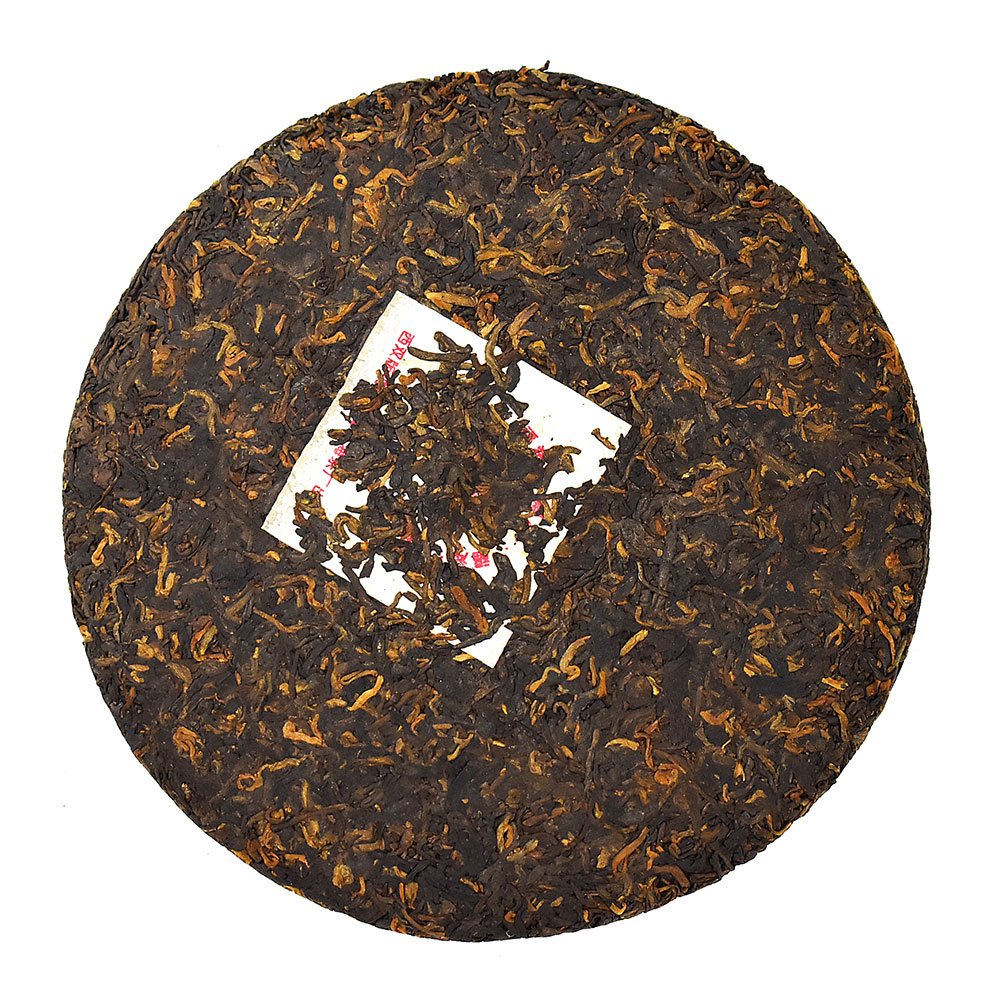
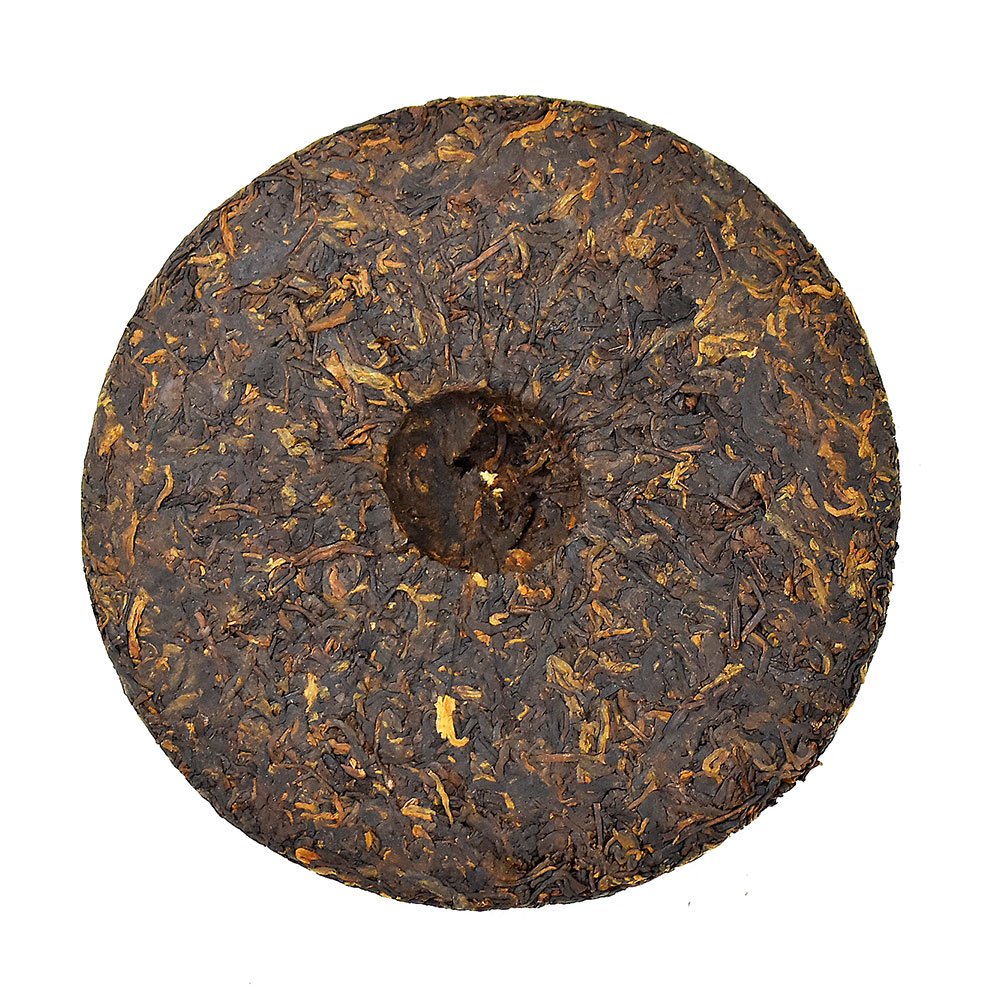
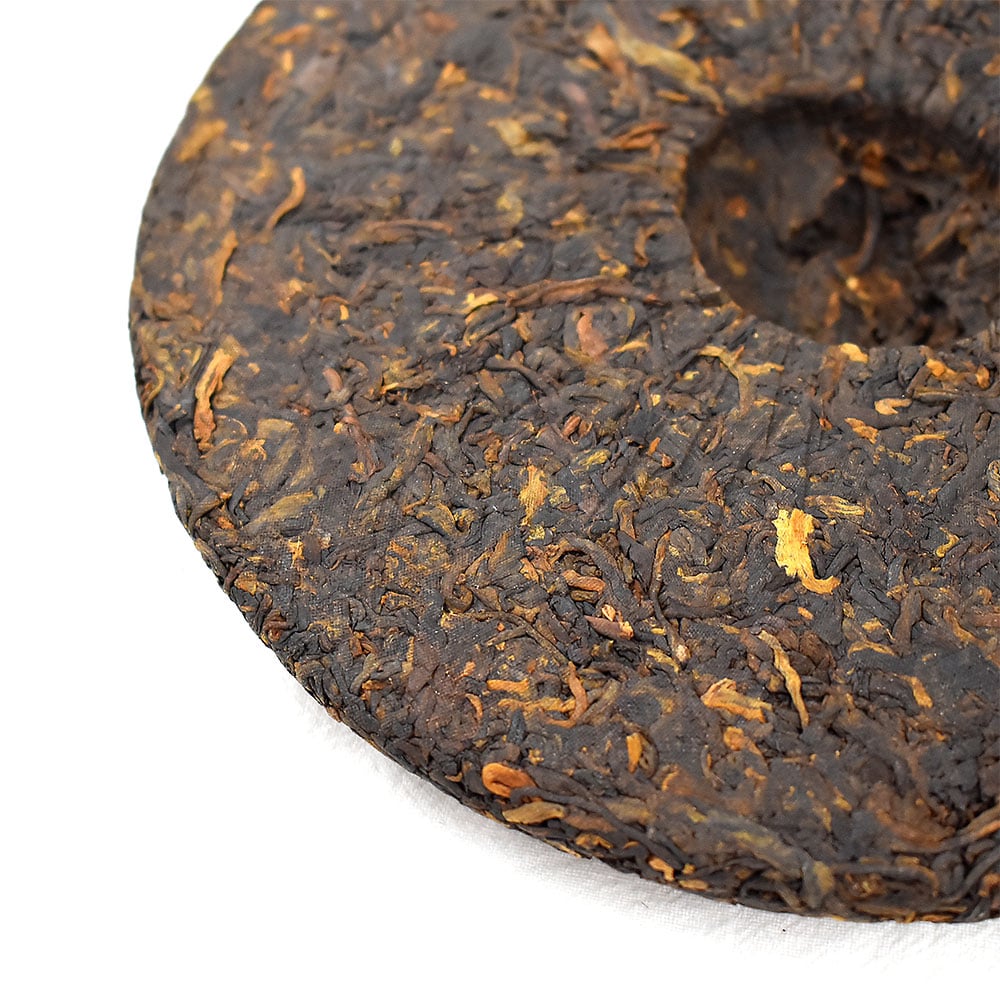
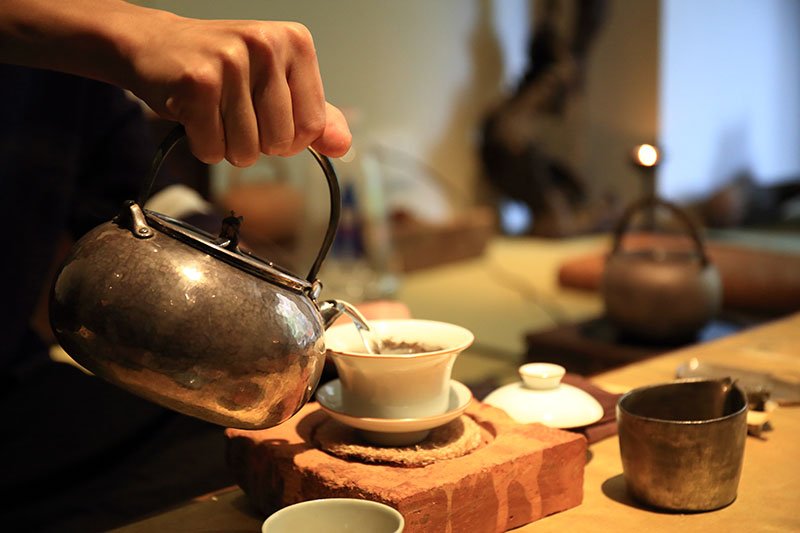
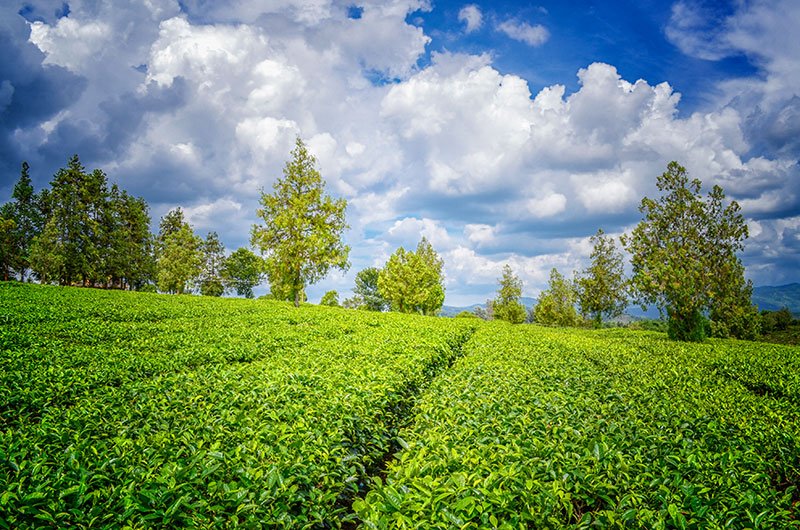
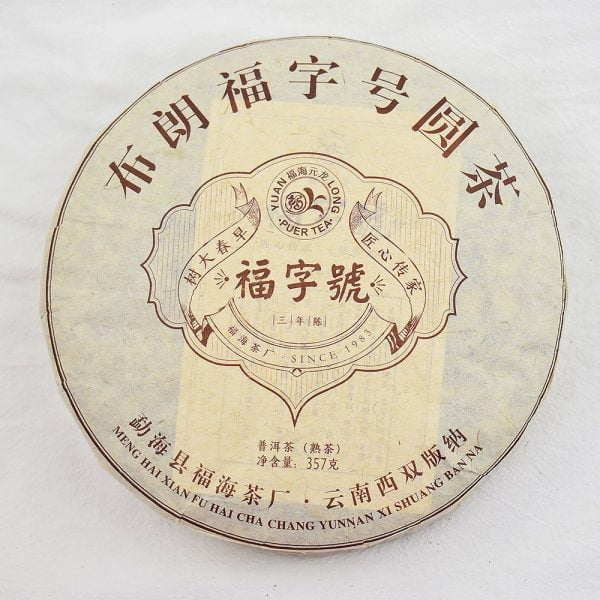
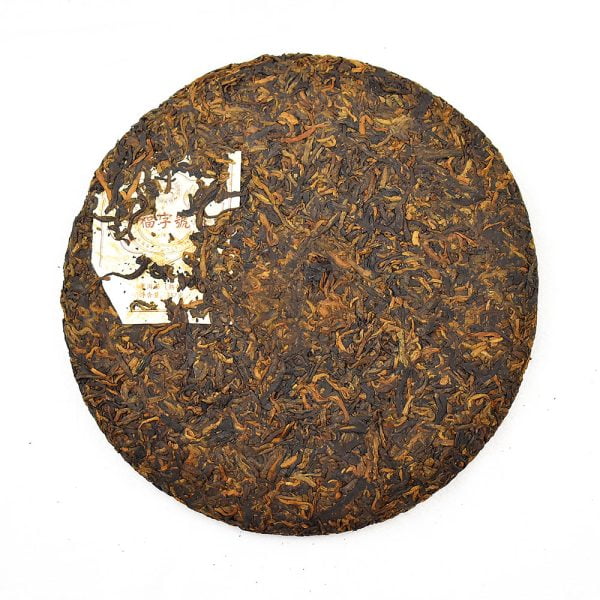
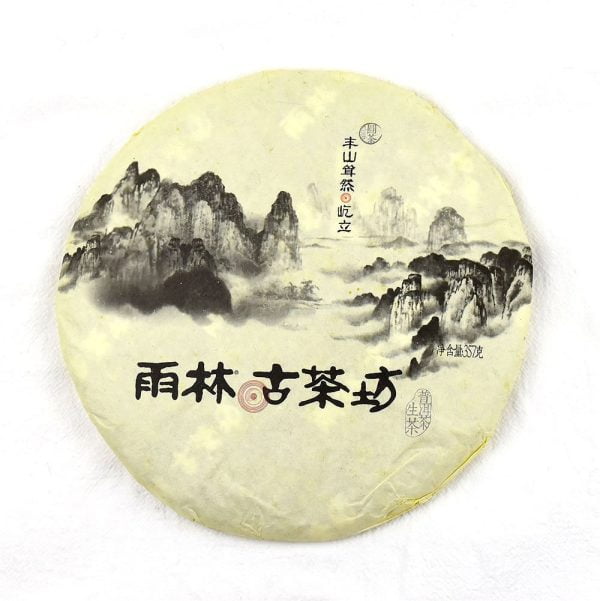
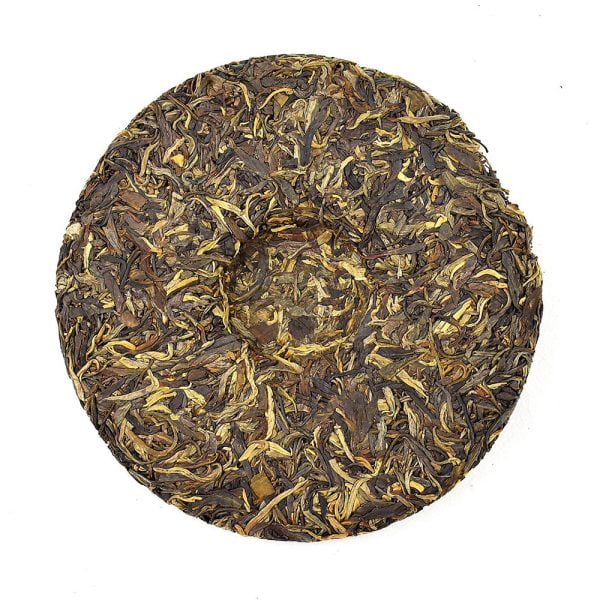
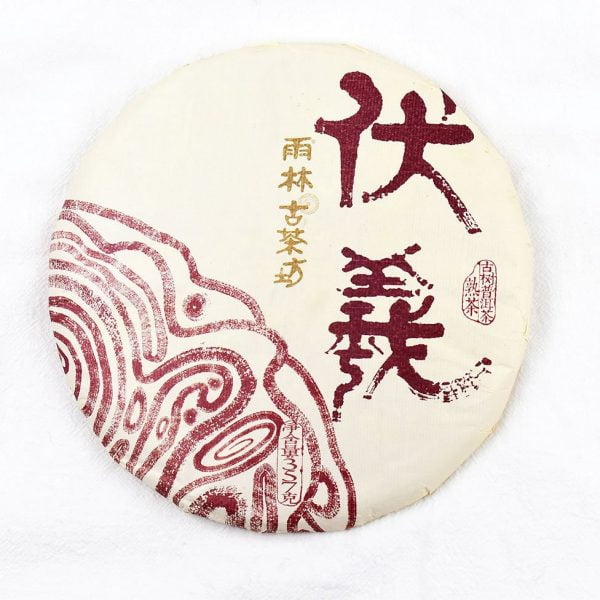
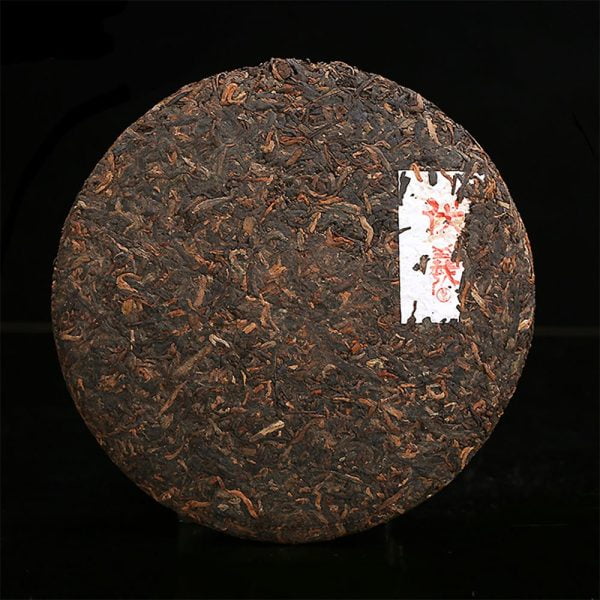
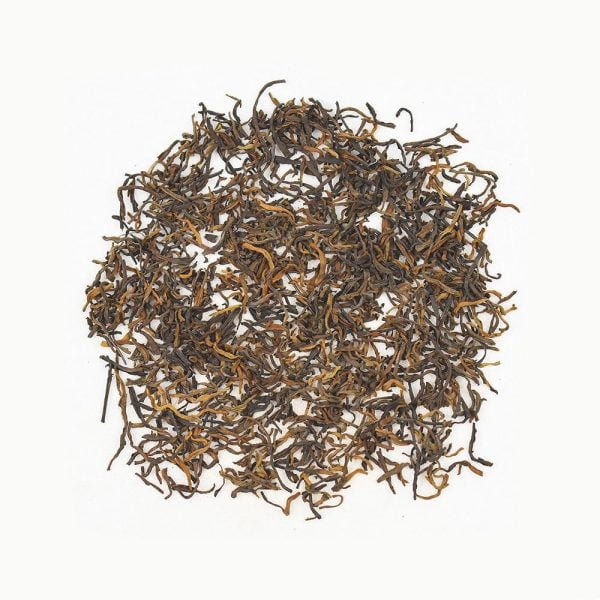
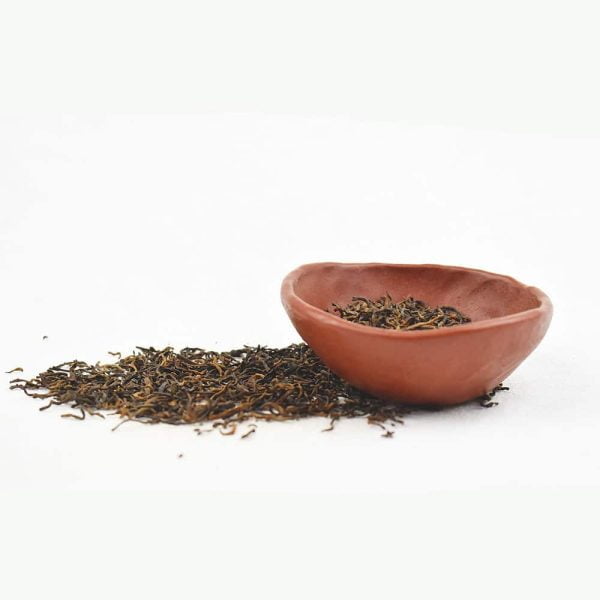
Harry –
I’d tried a Pu-ehr tea before and hadn’t really liked it. This tea converted me!
Nathan –
At first, it was a bit earthy for my taste but over time I have come to really like it and will buy more.
Dakota W. –
Wonderful pu erh tea and probably the best pu erh I have ever tried! My partner and I drink it every morning after breakfast.
Charles N. –
This tea, while low in caffeine, is high in flavour and health benefits. Aged for three years, this tea is smooth and rich.
Claudia W. –
So tasty.